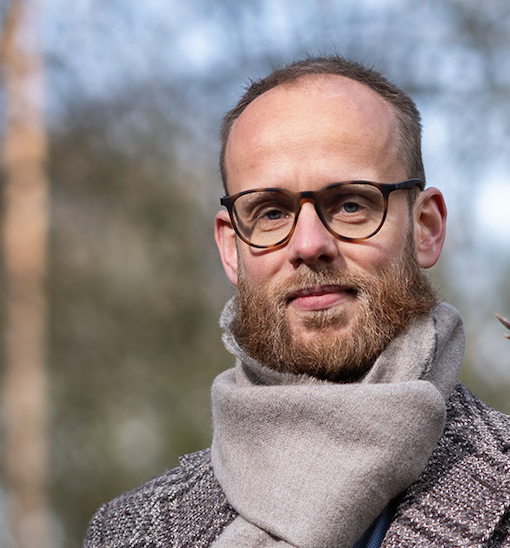Hi there sunshine!
As you may know, we are searching in this newsletter for Regenerative Intelligence. The explorations in this newsletter are also the basis of a soon to be published report with a similar name. I’ve defined Regenerative Intelligence as follows:
Regenerative Intelligence is the synergistic integration of natural, human, and artificial intelligence, aimed at creating sustainable, self-healing systems that contribute to the well-being of all life forms and ecosystems.
An important puzzle piece in the journey toward regenerative intelligence could very well be fungi! Let’s dive into three examples:
- Watch this fungus control a robot
- The Creeping Garden
- Loop Biotech – fungi coffins
1)Watch this fungus control a robot
The future of technology might just be… Mushrooms?
It sounds like science fiction, but it’s becoming a reality: fungi, particularly oyster mushrooms, are being explored for their potential in robotics and technology.
In the video, you see a fascinating example of a fungi-computer interface. Here, fungi respond to light cues and send electrical impulses that instruct a robot to move. Fungi emit electrical impulses in response to environmental changes, similar to how neurons in our brains communicate. These impulses, connected to electrodes, are converted by a computer into digital commands that control robot movements.
🌱🤖 Fungi could very well be part of a regenerative approach to IT, one that might consider both human and non-human well-being. While mushroom-based tech infrastructure is still speculative and far-off, exploring regenerative tech today could shape a more desirable future.
2)The Creeping Garden
The Creeping Garden is a feature length documentary exploring the work of fringe scientists, mycologists and artists, and their relationship with the extraordinary plasmodial slime mould.
This trailer and the documentary are from 2014. It makes you wonder: how much has our common knowledge about natural intelligence increased over the past ten years?
3) Loop Biotech – fungi coffins
Imagine a future where we don’t work with dead materials, but collaborate with living organisms.
That’s exactly what Loop Biotech is doing. This wonderful Dutch startup uses mycelium, a network of fungal threads that typically grows underground, to grow coffins and urns. An inspiring example of regenerative thinking:
”Becomes one with nature in 45 days”
”Let’s close the loop.”
”Are you waste or are you compost?”
And their products, The Loop Living Cocoon (coffin), Loop EarthRise (urn), and Loop ForestBed (carrier), are beautiful. Have a look at their website to learn more.
That’s it for now. I hope you learned something new and I wish you the best adventures, thought-provoking questions and exciting discoveries!

 English | EN
English | EN 